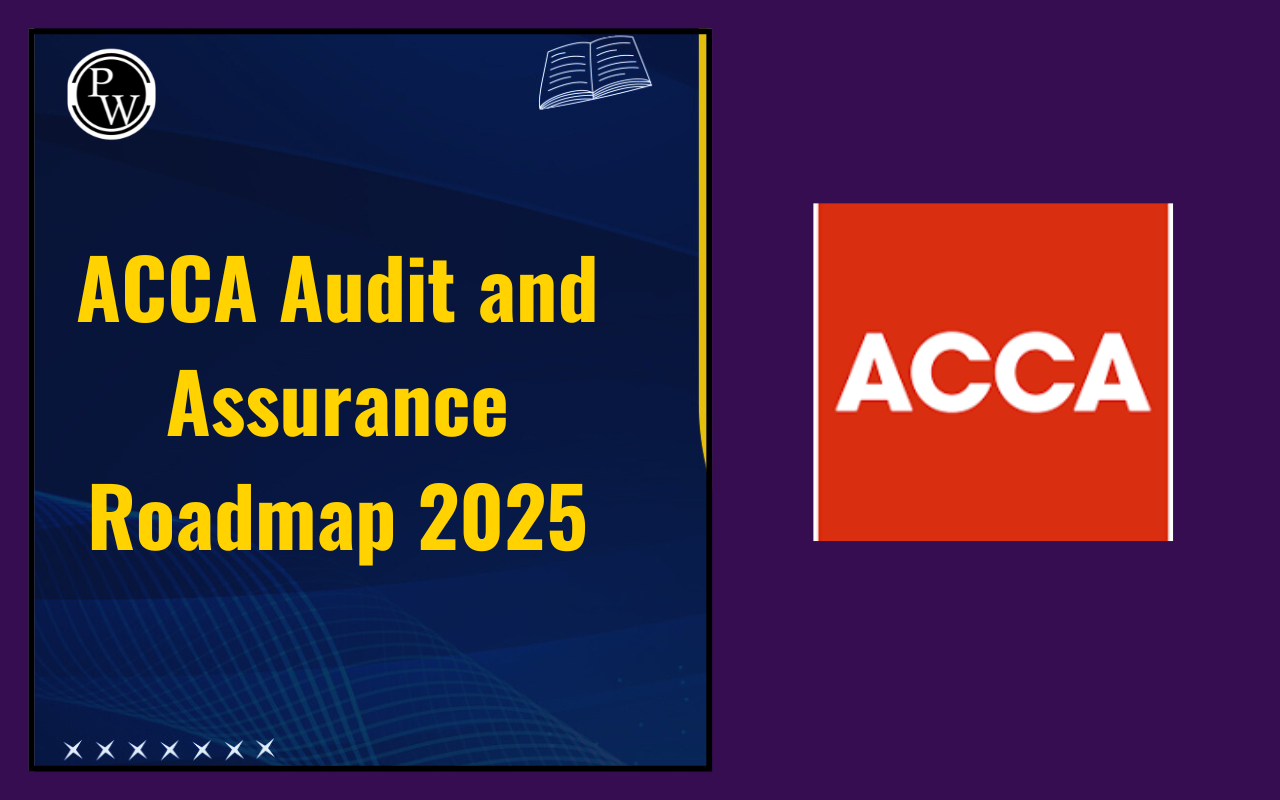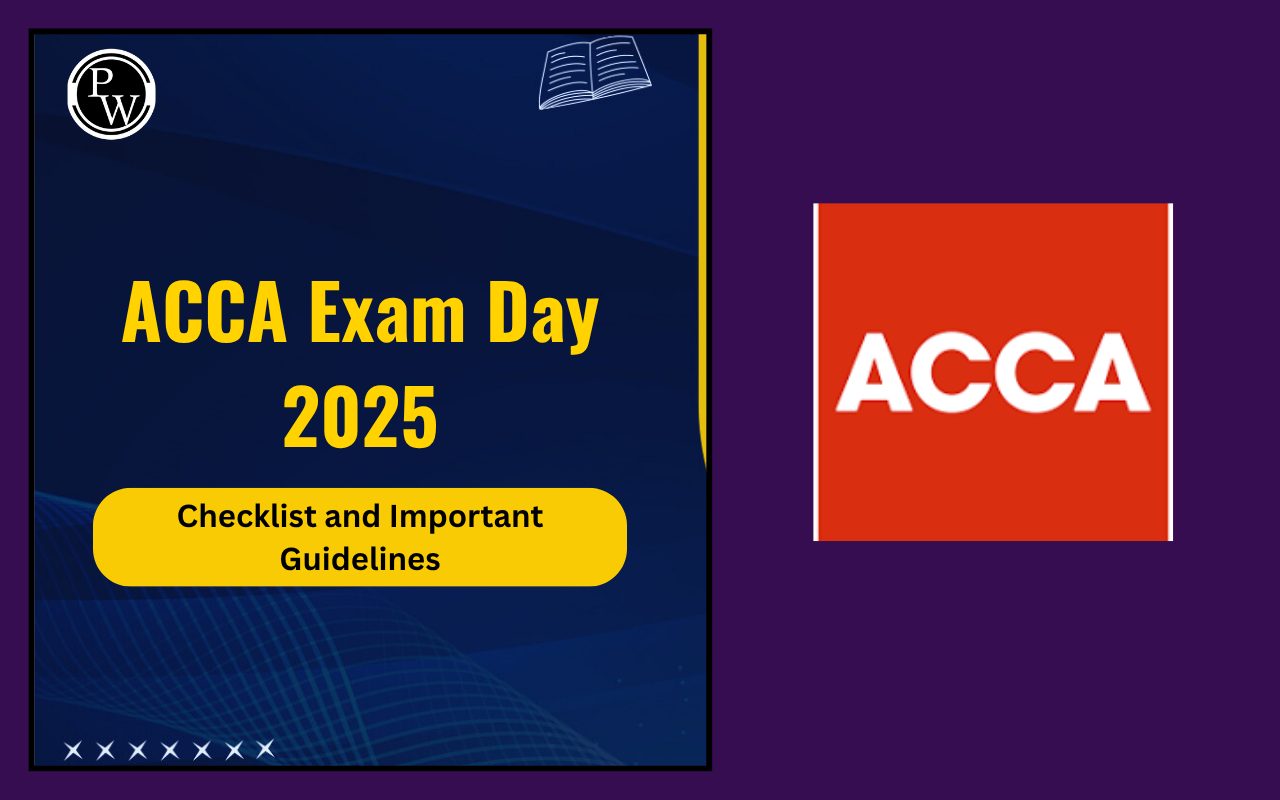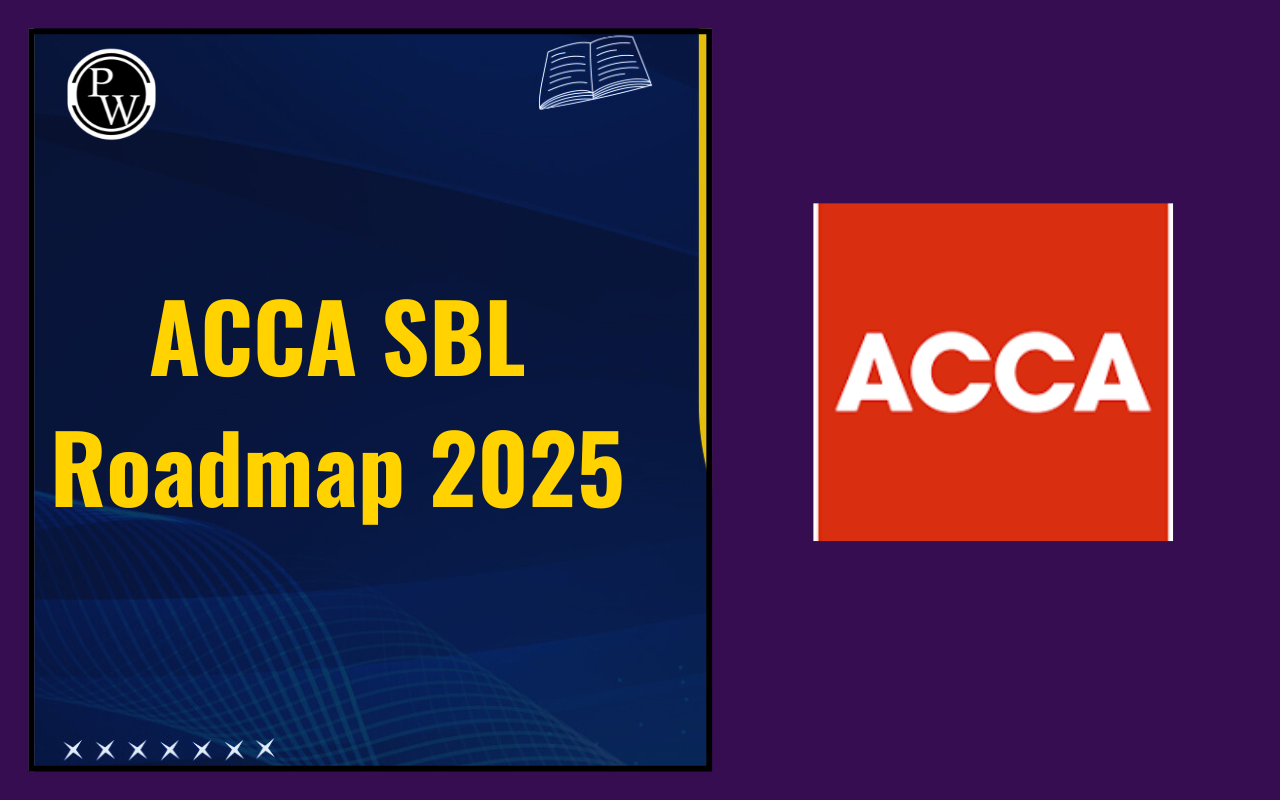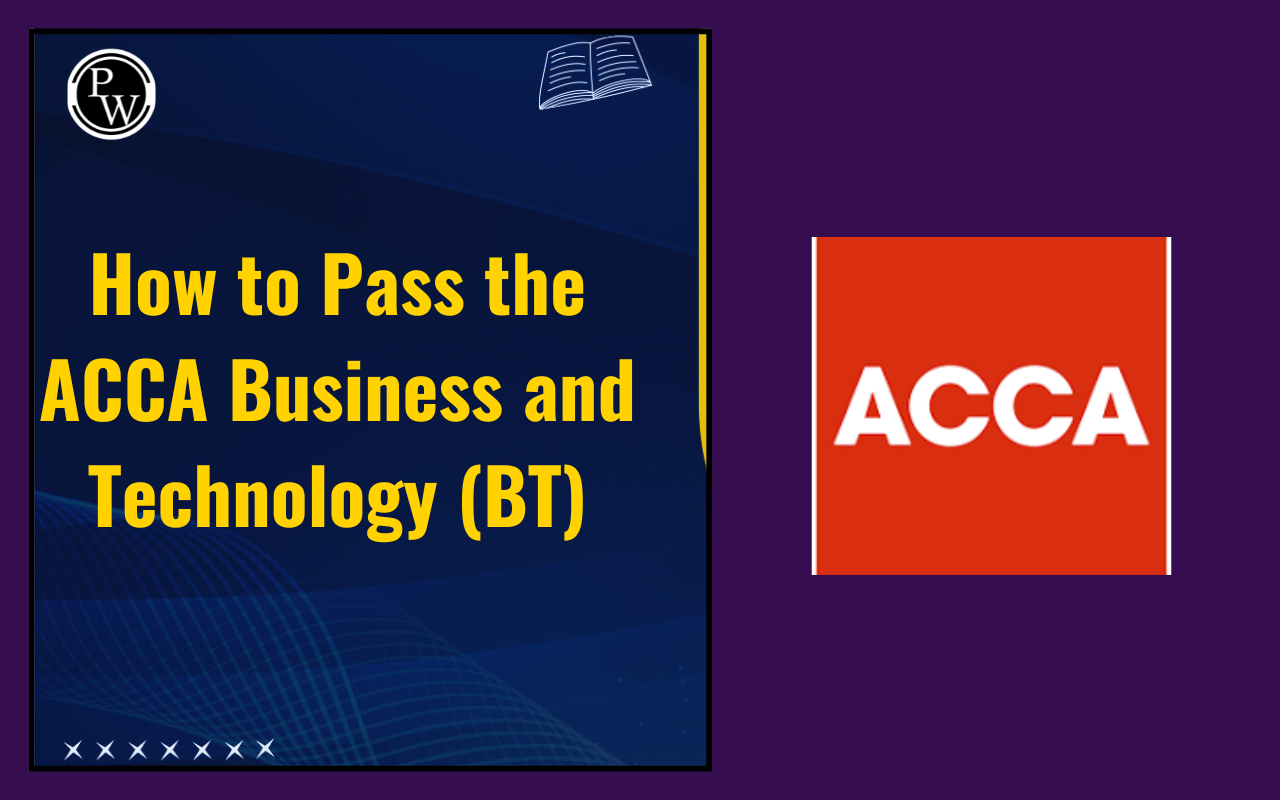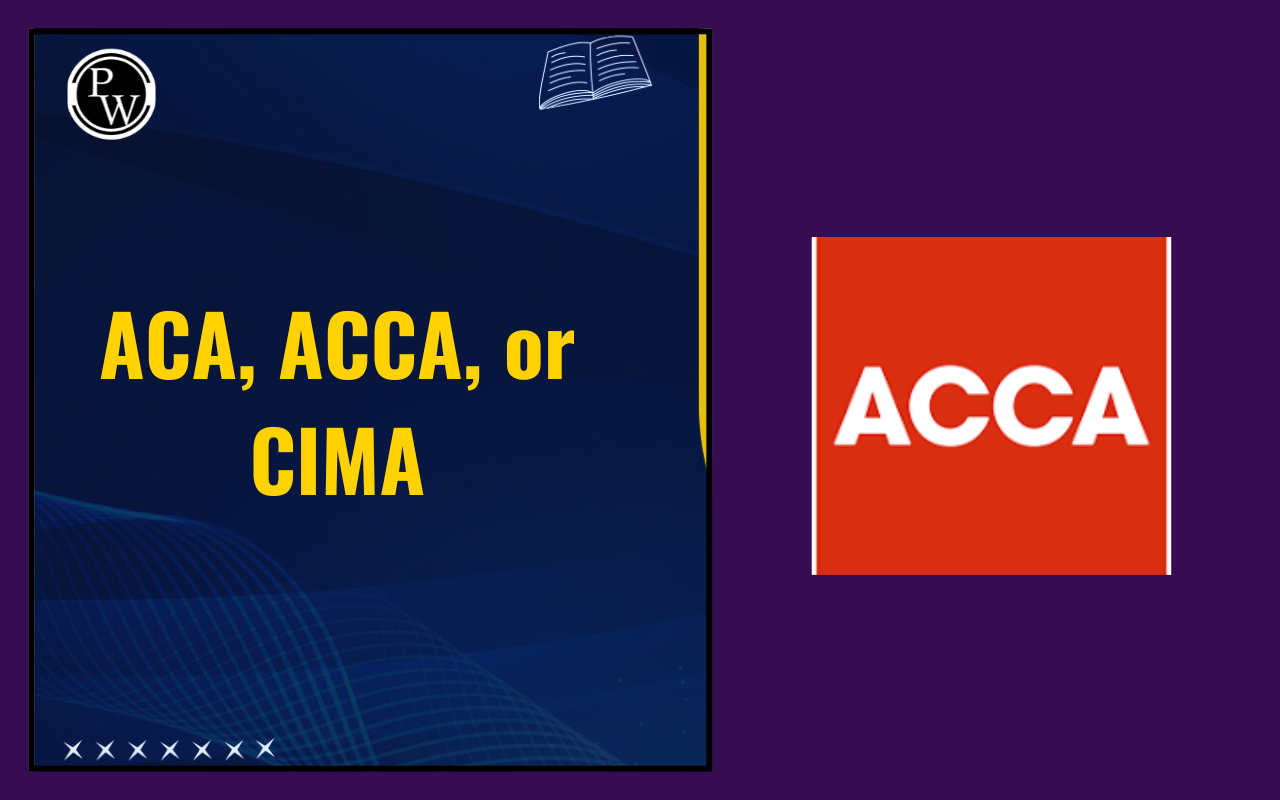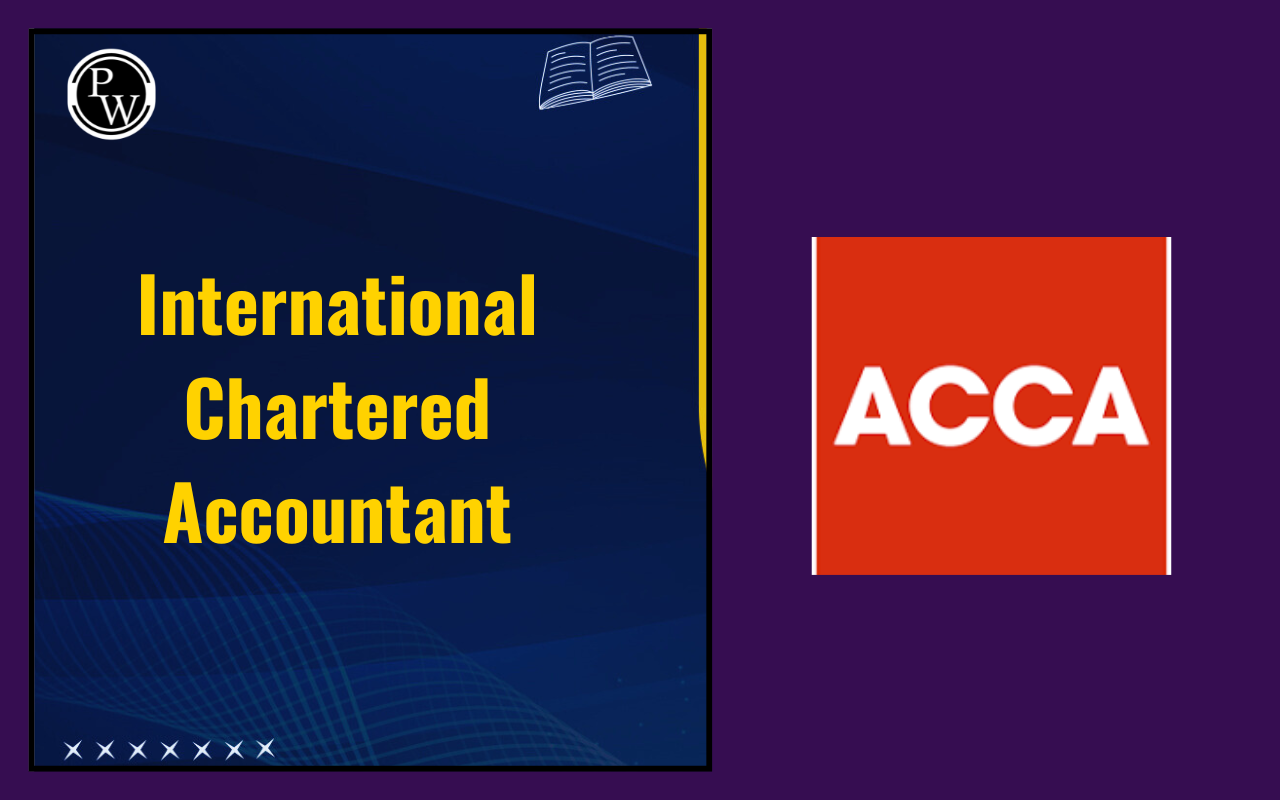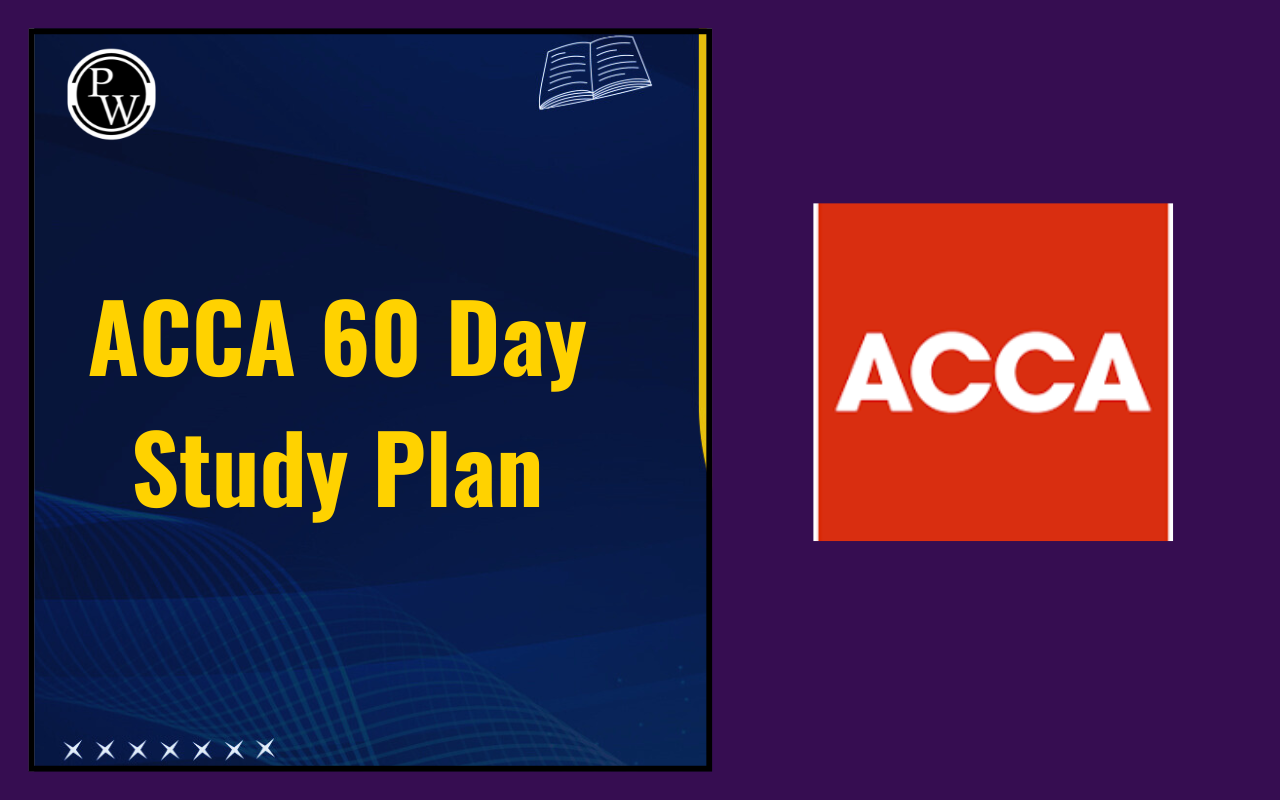
The ACCA Strategic Business Reporting (SBR) exam is a critical step for students pursuing the ACCA qualification. It goes beyond testing theoretical knowledge and requires candidates to apply accounting standards in real-world business contexts.
The exam covers a vast syllabus, including financial reporting standards, exposure drafts, and narrative reporting frameworks, making it one of the most challenging papers in ACCA. Questions may involve single entities, corporate groups, private or public sector organizations, and even not-for-profit entities.
To succeed in ACCA Strategic Business Reporting, students must develop strong analytical and written communication skills. Unlike calculation-heavy ACCA papers, SBR demands a deeper understanding of financial reporting principles and the ability to explain their application effectively. With a structured study plan and the right strategies, students can tackle this complex exam with confidence and improve their chances of success.
ACCA Strategic Business Reporting
The ACCA Strategic Business Reporting (SBR) exam is one of the most challenging yet rewarding papers in the ACCA qualification. It demands not just knowledge of accounting standards but also the ability to apply them in real-world scenarios.
This ACCA exam tests students on various aspects, including financial reporting, current issues, exposure drafts, and narrative reporting frameworks. Questions can be based on single entities, groups, private or public sector organizations, and both for-profit and not-for-profit entities.
To excel in ACCA Strategic Business Reporting, students need to develop a deep understanding of financial reporting concepts and apply them effectively in different business situations. The syllabus is vast and requires a strategic approach to studying and answering questions effectively.
How to Study for ACCA Strategic Business Reporting?
To study ACCA Strategic Business Reporting effectively, students must have a clear strategy that includes using the right resources, covering the syllabus broadly, and practicing written responses. Below are some key strategies to enhance your preparation.
Make Use of ACCA Resources
ACCA provides a wealth of study materials, including past exam papers, examiner reports, technical articles, and the ACCA Practice Platform. These resources are invaluable for understanding the exam structure and expectations. Reviewing examiner comments helps in identifying common mistakes and improving answer techniques.
Read Real-Life Financial Statements
Studying real company financial statements provides insights into practical applications of accounting standards. This helps in understanding disclosures, financial performance, and interpretations, which are crucial for the ACCA Strategic Business Reporting exam. Exposure to annual reports from listed companies enhances comprehension of financial statements in action.
Cover the Syllabus Broadly
The SBR syllabus covers numerous accounting standards, some introduced in the Financial Reporting (FR) paper and others examined only in ACCA Strategic Business Reporting. Students should focus on covering the entire syllabus rather than diving too deeply into specific topics. A broad understanding is key to handling the unpredictable nature of the exam questions.
Practice Answer Writing
Unlike other ACCA papers that are heavily calculation-based, ACCA Strategic Business Reporting requires strong written skills. Candidates must practice structuring their answers effectively, using headings, short paragraphs, and clear language. Written explanations are often worth more marks than numerical calculations, making it essential to practice articulating concepts clearly and concisely.
Also Check: How to Prepare for ACCA Business and Technology
Exam-Taking Strategies for ACCA Strategic Business Reporting
Successfully navigating the SBR exam requires not only knowledge of accounting standards but also the ability to apply them effectively under exam conditions. A well-planned approach to answering questions can significantly impact performance and boost scores.
Understanding Exam Verbs
The SBR exam commonly uses specific verbs that indicate the type of response required. These include:
DISCUSS
Students must present different perspectives on an issue, analyze implications, and provide a balanced view.
EXPLAIN
Clear and structured explanations of technical concepts, accounting standards, or reporting frameworks are expected.
ADVISE
Practical recommendations should be given based on the analysis, often considering different stakeholders.
Mastering these verbs is crucial in writing well-structured and high-scoring answers in ACCA Strategic Business Reporting.
Analyzing Questions Effectively
A systematic approach to tackling SBR questions is essential. Candidates should:
Analyze the Requirements
Carefully read and break down the question to identify what is being asked. Understanding command verbs helps in structuring the response appropriately.
Read the Scenario Carefully
Comprehend the given case study, noting key details, stakeholders, and financial reporting implications. A holistic understanding of the scenario is necessary for a well-rounded response.
Apply Relevant Accounting Standards
Multiple accounting standards may apply to a single scenario. Students should identify and explain the appropriate standards, referencing the Conceptual Framework where necessary.
Avoid Memorization and Focus on Application
Repeating textbook definitions will not secure high marks. Instead, candidates should demonstrate how accounting principles apply to the given scenario, integrating analysis with practical reasoning.
Writing a Professional Answer
To score well in ACCA Strategic Business Reporting, responses must be structured professionally. This includes:
Planning the Answer
Before starting to write, candidates should outline their response. This ensures clarity, logical flow, and completeness.
Using Headings and Short Paragraphs
Well-organized answers with appropriate headings make it easier for examiners to award marks. Concise paragraphs ensure clarity and coherence.
Considering Stakeholder Perspectives
Responses should address the concerns of various stakeholders, such as investors, regulators, and management. The tone should be professional and contextually appropriate.
Common Challenges in ACCA Strategic Business Reporting
The SBR exam presents several challenges, from managing time effectively to handling complex scenarios. Understanding these difficulties and adopting the right strategies can help candidates overcome them with confidence.
Managing Time Effectively
Time management is critical in the SBR exam. Candidates must allocate sufficient time to each question, ensuring they attempt all parts. Practicing under timed conditions helps in improving speed and accuracy.
Balancing Calculations and Written Responses
While numerical calculations may be required, they should support the written analysis rather than dominate the response. Explanations should always accompany calculations to demonstrate understanding.
Handling Complex Scenarios
The ACCA Strategic Business Reporting exam often presents intricate business situations. Candidates should remain calm, break down the problem, and apply logical reasoning to address each aspect comprehensively.
ACCA Strategic Business Reporting FAQs
What is the best way to prepare for ACCA Strategic Business Reporting?
How important is written communication in ACCA Strategic Business Reporting?
What are the most commonly used verbs in ACCA Strategic Business Reporting exams?
Can I pass ACCA Strategic Business Reporting by focusing only on calculations?



